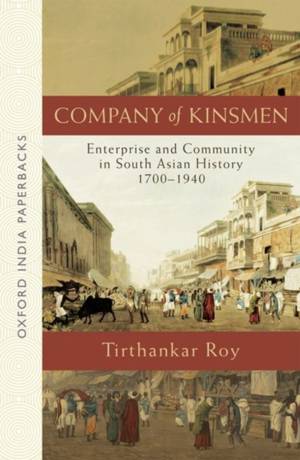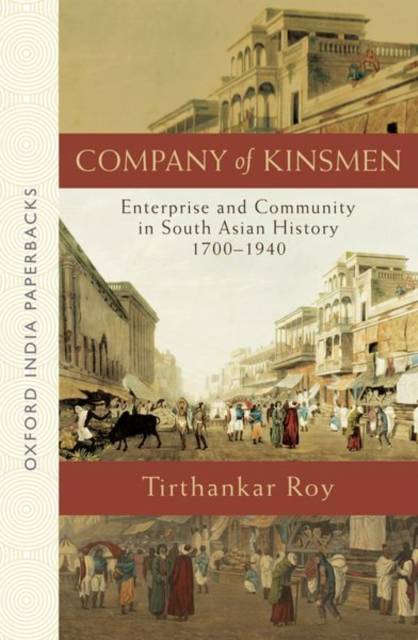
- Retrait gratuit dans votre magasin Club
- 7.000.000 titres dans notre catalogue
- Payer en toute sécurité
- Toujours un magasin près de chez vous
- Retrait gratuit dans votre magasin Club
- 7.000.0000 titres dans notre catalogue
- Payer en toute sécurité
- Toujours un magasin près de chez vous
32,45 €
+ 64 points
Description
This book chronicles how the concept of organizing people to serve economic ends emerged in early modern and colonial India. It examines rules of cooperation, why people decided to join forces, how disputes were settled, and how cooperative communities became increasingly unstable in more modern times. It focuses on five dimensions: actor, agent, time, purpose, and region. The leading actors are peasants, labourers, artisans, merchants/bankers, and the states. The rules of cooperation that formed inside communities of merchants and others were respected by the states. However, these rules would eventually become unstable due to the integration of India within a global-industrial economy and the introduction of a new rule of law in the old guise of "custom". As a result, the endogamous guild, a kind of collective that used marriage rules to secure cooperative ties, became weaker, to be supplanted by other forms of organization. Collectives controlled property, managed resources, supplied training, and conducted negotiations. The regional angle is important because regions differed on the composition of enterprise, and globalization and colonialism unfolded unevenly across space. The book presents an economic history of institutional change in South Asia.
Spécifications
Parties prenantes
- Auteur(s) :
- Editeur:
Contenu
- Nombre de pages :
- 268
- Langue:
- Anglais
- Collection :
Caractéristiques
- EAN:
- 9780199486809
- Date de parution :
- 19-06-18
- Format:
- Livre broché
- Format numérique:
- Trade paperback (VS)
- Dimensions :
- 141 mm x 218 mm
- Poids :
- 240 g

Les avis
Nous publions uniquement les avis qui respectent les conditions requises. Consultez nos conditions pour les avis.






